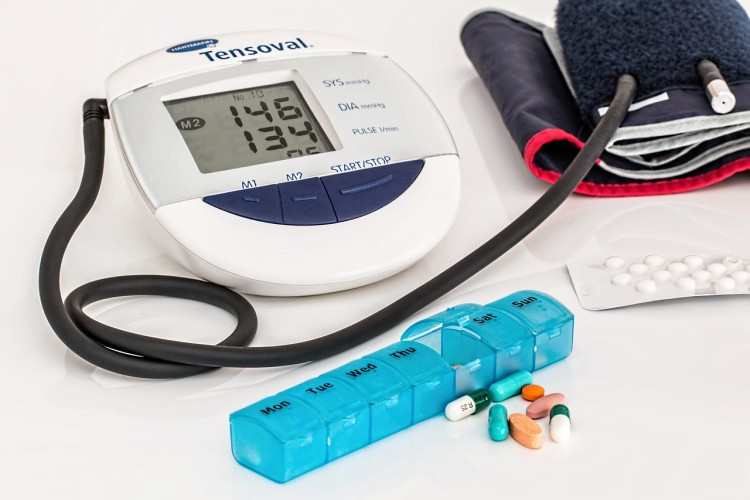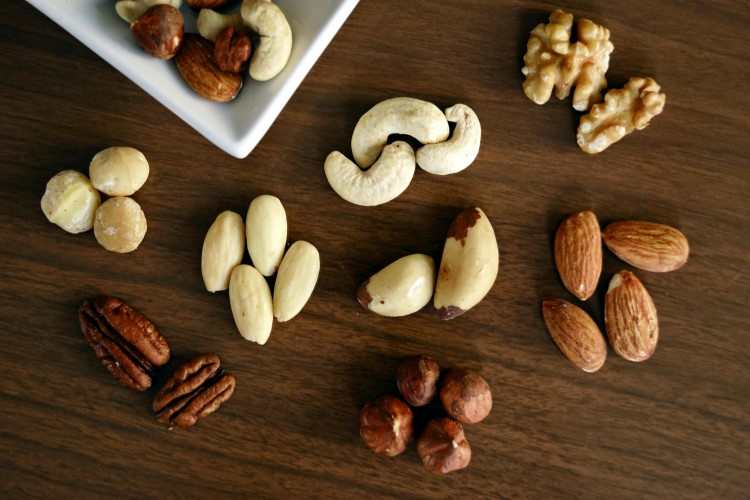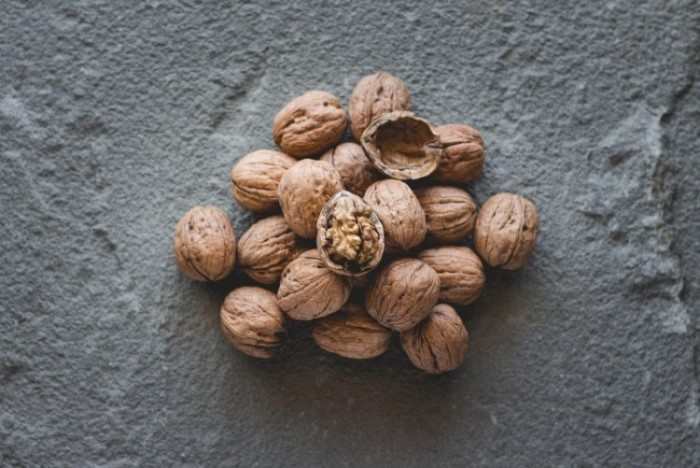
Weight is crucial for weekly health-checks, deciphering three insights:
1. It directly indicates calorie consumption vs expenditure on a weekly basis.
2. A secondary representation of how well your metabolism is working.
Weight generally should not fluctuate >0.5kg. The 1.5kg weekly fluctuation limit — when losing weight, unwell or post-surgery recovery.
You may wonder: If I'm strict, why can't I lose more weight in a week? Here's your answer: It is not supposed to. If your diet and exercise are strict, losing >1.5kg/week (no more than 1kg preferably) can trigger the body's alarm systems. "Nutritional crisis"—metabolism slows, hunger hormones surge; Progress stalls cravings deepen and success slips away.
Plenty of evidence suggests losing 0.5–1kg per week is best for maintaining weight loss.
After surgery, during recovery or when trying to gain weight—you should watch your weight too. Research shows that exceeding 1–1.5kg per week fluctuations interrupts energy metabolism.
For instance, patients of cardiac stent; post-surgery often experience rapid weight loss due to less intake (fear complications). Studies show that those individuals, even if initially obese, who drop more than 1.5kg/week — have considerably higher risk of suffering recurrent heart attack or heart failure within six months compared to patients with stable weight.
So in sickness, surgery or recovery — maintaining metabolic balance helps healing. Healthy people should ideally have minimal weekly fluctuations. Even if weight change is intended, extreme fluctuations are not allowed.
Why weekly and not daily?
Daily weighing is not helpful.
Daily weight variation is just water retention, fecal weight or other short-term factors. Weighing yourself every day fosters anxiety, especially while trying to lose weight.
Weekly weighing (like Saturday morning fasted weight) helps track health reliably. Scoring:
- 30 points for ≤0.5kg
- 20 points for ≤1kg
- 10 points for ≤1.5kg
- 0 points: >1.5kg
The idea is to use weight as a "metabolic compass," —sustainability not short-termism.
LATEST POSTS
- 1
 The three dimensions of health: complete physical, mental, and social well-being
The three dimensions of health: complete physical, mental, and social well-being - 2
 How to Supplement Vitamin B with Limited Whole Grains Intake
How to Supplement Vitamin B with Limited Whole Grains Intake - 3
 How much impact can small actions have? Health is all about action, so take action now!
How much impact can small actions have? Health is all about action, so take action now! - 4
 Electric Toothbrushes: 5 Key Benefits You Should Know
Electric Toothbrushes: 5 Key Benefits You Should Know - 5
 The Science of Toothpaste: How to Choose the Right Toothpaste for Oral Health
The Science of Toothpaste: How to Choose the Right Toothpaste for Oral Health
 Electronics and Blue Light Protection, Headphone-Induced Hearing Damage: Assessing the Health Impact of Electronics
Electronics and Blue Light Protection, Headphone-Induced Hearing Damage: Assessing the Health Impact of Electronics What’s the Best Average Weekly Sleep Duration?
What’s the Best Average Weekly Sleep Duration? Purpose Decides Your Results: Selecting the Appropriate Exercise
Purpose Decides Your Results: Selecting the Appropriate Exercise Reducing Risks Associated with Extended Sitting
Reducing Risks Associated with Extended Sitting Gentle Skin Cleansing: Avoid Too Much Friction
Gentle Skin Cleansing: Avoid Too Much Friction Skincare Basics: The Skin Barrier
Skincare Basics: The Skin Barrier How to Select Thoracic Spine Protection Tools
How to Select Thoracic Spine Protection Tools Light Fasting, the Anti-Aging Switch for the Age of Longevity
Light Fasting, the Anti-Aging Switch for the Age of Longevity Life Lies in Movement: Understanding Exercise Correctly
Life Lies in Movement: Understanding Exercise Correctly













